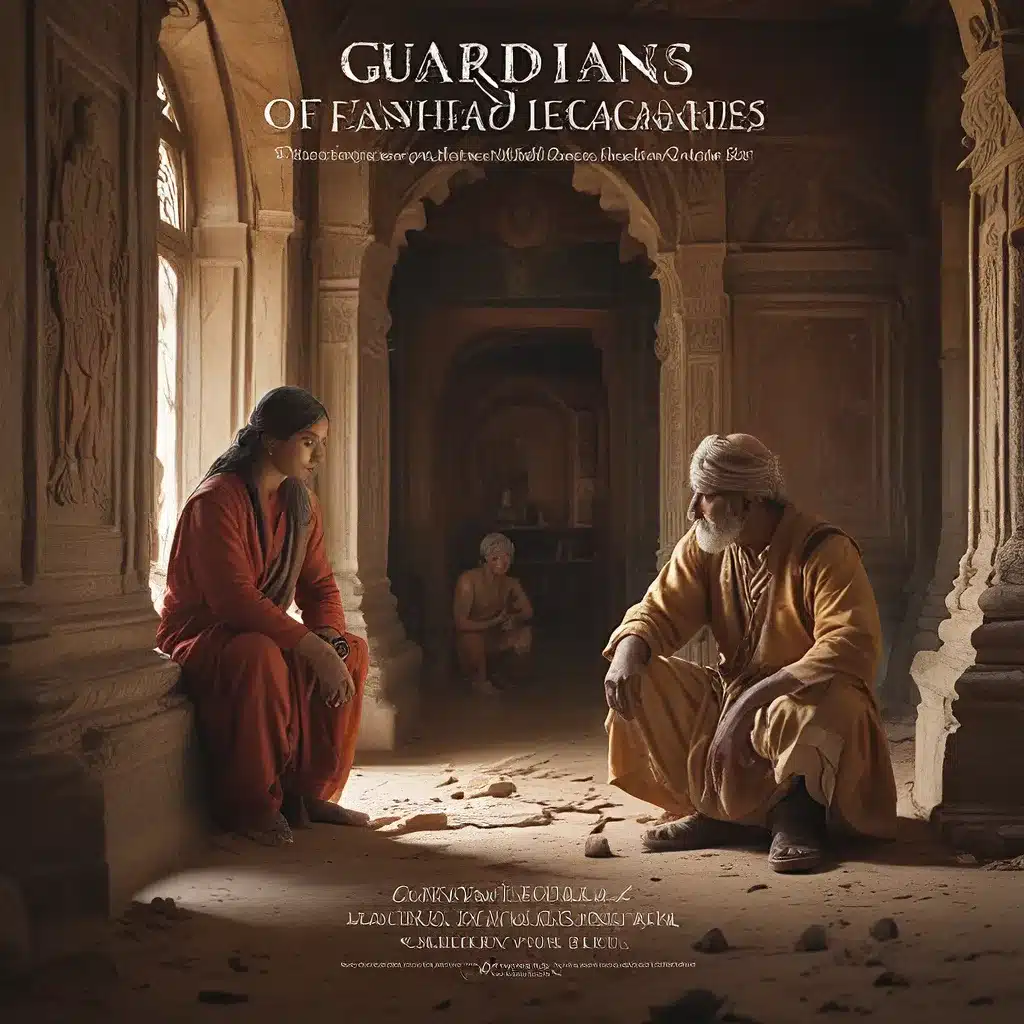
In the vast expanse of our world, the stories of ancient civilizations lie buried, waiting to be uncovered and understood. From the towering pyramids of Egypt to the intricate ruins of Machu Picchu, the remnants of these lost cultures hold the key to unlocking our collective past. As archaeologists and historians delve deeper into the mysteries of antiquity, they unveil a tapestry of human ingenuity, resilience, and the enduring power of cultural heritage.
Excavating the Secrets of the Past
The pursuit of knowledge is a relentless journey, and the field of archaeology is at the forefront of this exploration. Through meticulous excavations and innovative techniques, researchers are unearthing groundbreaking discoveries that challenge our understanding of the past. From the discovery of new dinosaur fossils to the decoding of ancient scripts, each finding serves as a puzzle piece in the grand narrative of human civilization.
One such remarkable discovery is the recent unearthing of a previously unknown civilization in the heart of the Amazon rainforest. Buried beneath the lush vegetation, the remains of this ancient society have captivated the attention of scholars worldwide. The intricate network of canals, ceramics, and advanced agricultural practices suggest a level of sophistication that challenges the common misconception of the rainforest as a pristine, untouched wilderness.
Preserving Cultural Heritage
Alongside the excitement of new discoveries, the responsibility of preserving cultural heritage has become an increasingly pressing concern. In an era of rapid urbanization and environmental degradation, many ancient sites face the threat of destruction, either through natural disasters or human intervention. The loss of these historical treasures not only impoverishes our collective understanding of the past but also deprives future generations of the opportunity to connect with their ancestral legacies.
Innovative approaches to heritage preservation have emerged, with organizations and governments collaborating to safeguard these irreplaceable resources. Digital archiving and 3D scanning technologies have allowed for the creation of virtual replicas, ensuring that even if the physical structures are damaged or lost, their essence can be preserved for posterity. Additionally, the establishment of UNESCO World Heritage Sites has played a crucial role in recognizing and protecting the most significant cultural landmarks around the globe.
Reclaiming Stolen Artifacts
One of the most contentious issues in the field of heritage preservation is the repatriation of artifacts that were looted or stolen during colonial times. The rich cultural heritage of many nations has been dispersed across museums and private collections worldwide, often without the consent or knowledge of the original custodians. This practice has reignited a global debate about the rightful ownership and stewardship of these precious relics.
In recent years, there have been increasing efforts to return these artifacts to their countries of origin, acknowledging the deep cultural and historical significance they hold for the communities they were taken from. From the Parthenon Marbles in the United Kingdom to the Benin Bronzes in Germany, the repatriation movement has gained momentum, recognizing the inherent right of nations to reclaim their stolen legacies.
Unraveling the Mysteries of the Past
As we delve deeper into the annals of history, new theories and revelations emerge, challenging our long-held beliefs and opening up entirely new avenues of exploration. The study of ancient civilizations is a never-ending journey, with each discovery shedding light on the complex tapestry of human experience.
One such example is the ongoing investigation into the Indus Valley Civilization, a thriving urban center that flourished in the Indian subcontinent over 4,500 years ago. Recent studies have shed new light on the advanced urban planning, sophisticated water management systems, and extensive trade networks that characterized this enigmatic culture. As researchers delve deeper into the artifacts and architectural remains, they are uncovering a wealth of insights that challenge the traditional narratives surrounding the rise and fall of ancient civilizations.
Embracing Interdisciplinary Collaboration
The pursuit of knowledge in the field of archaeology and ancient history is no longer confined to a single discipline. Interdisciplinary collaboration has become the cornerstone of modern research, with scholars from diverse fields – including anthropology, linguistics, geology, and computational science – joining forces to unravel the complexities of the past.
This cross-pollination of ideas and methodologies has led to groundbreaking discoveries and a more nuanced understanding of ancient cultures. For instance, the integration of DNA analysis and isotope tracing has revolutionized our knowledge of human migration patterns, shedding light on the interconnectedness of ancient societies. Similarly, the application of remote sensing technologies has enabled archaeologists to identify and map previously undiscovered archaeological sites, expanding the horizons of our historical knowledge.
Preserving the Heritage of the Past for the Future
As we stand at the threshold of new discoveries and evolving interpretations of the past, it is crucial that we remain steadfast in our commitment to preserving the cultural heritage of humanity. The loss of these invaluable resources not only impoverishes our present but also compromises the future, depriving generations to come of the opportunity to connect with their ancestral legacies and continue the quest for understanding.
Through rigorous research, innovative preservation techniques, and collaborative efforts, we can ensure that the guardians of vanished legacies – the archaeologists, historians, and cultural custodians – continue to safeguard the irreplaceable treasures of the past. By doing so, we not only honor the achievements of our ancestors but also pave the way for a future where the lessons of the past inform and enrich our understanding of the present and the world we inhabit.
The Lost Kingdoms is committed to exploring and preserving the cultural heritage of ancient civilizations, ensuring that their stories continue to inspire and enlighten generations to come.


